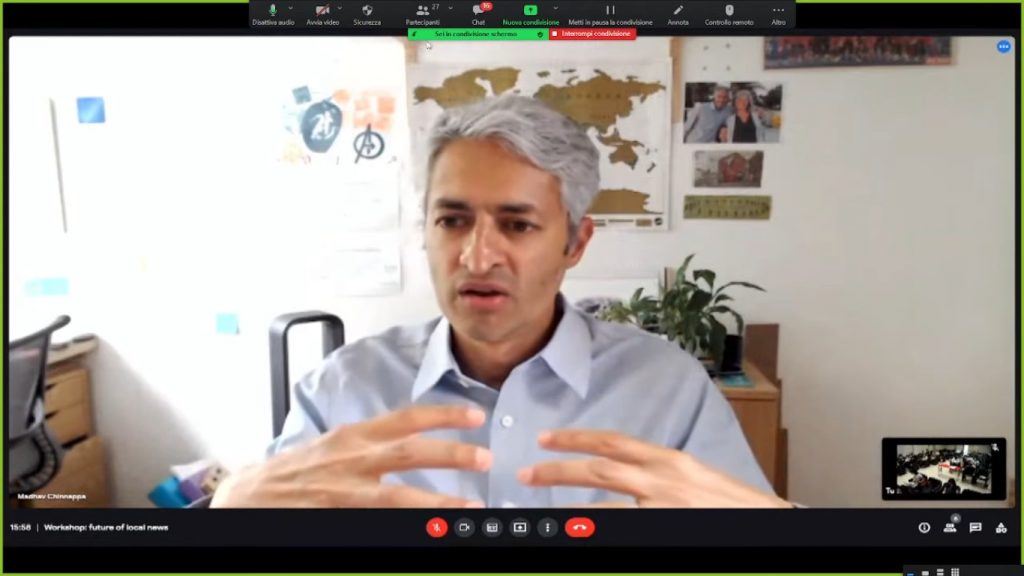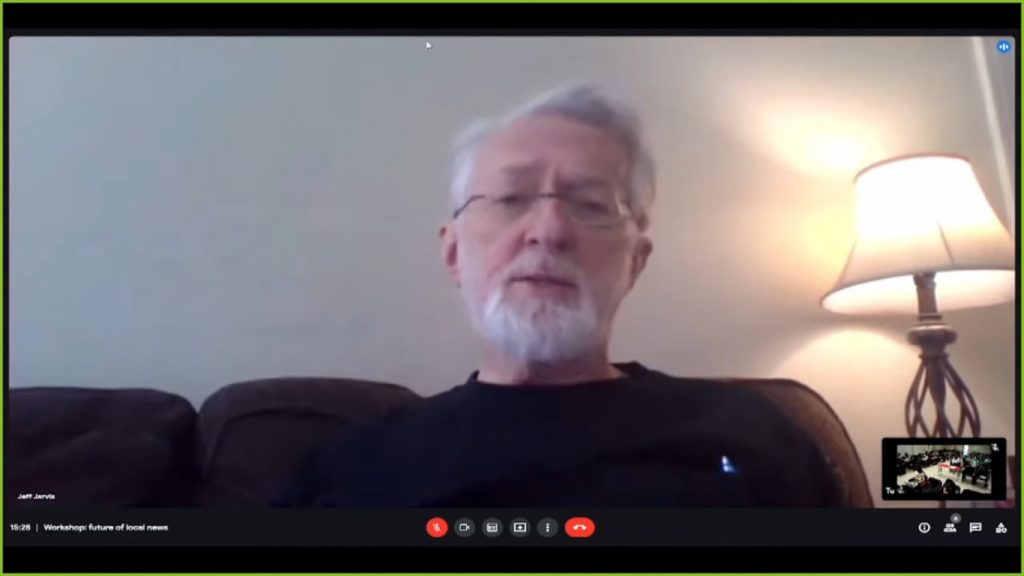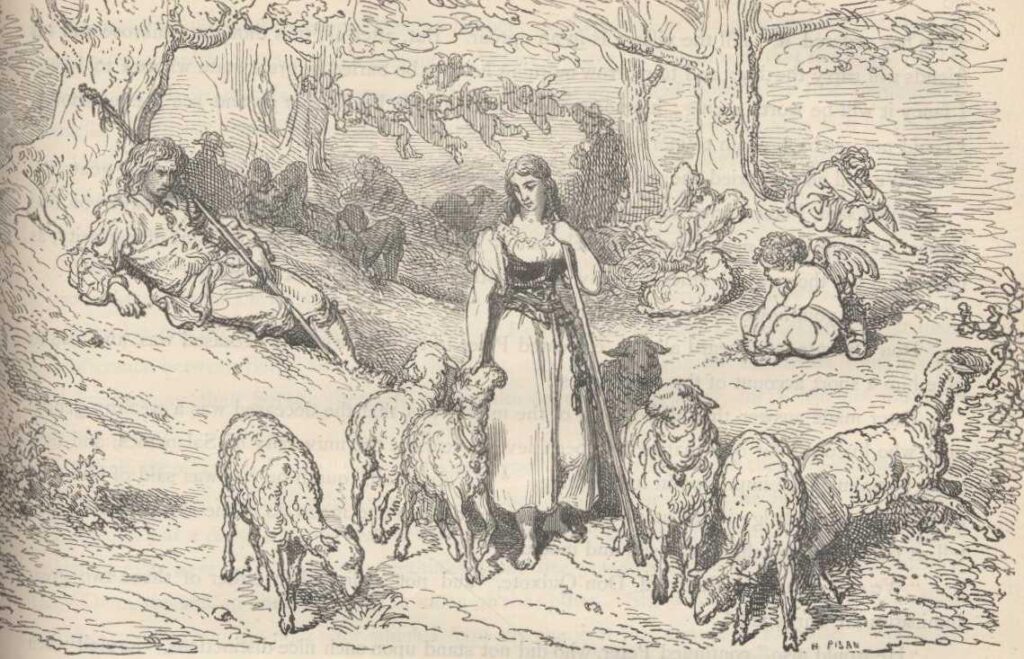Serving communities and responsibility: the future of local news
The web is the great enemy of publishing companies. Or at least this is the mantra that has been swirling around among journalists, and also the public, over the last few years. But are we sure we are considering the issue from the right perspective? “The Internet has definitely changed the way of doing and understanding journalism, however what really can make the difference is the continuous evolution of technology: our possibilities of receiving qualitatively better news have multiplied and it is from here that we should start again to create a virtuous information ecosystem”. Madhav Chinnappa, Director of News Ecosystem Development at ‘Google’ – who spoke in tandem with Jeff Jarvis, professor of ‘journalism innovation’ at Craig Newmark School of Journalism in New York, on the occasion of the panel ‘The future of local news’ moderated by the public editor of ‘La Stampa’ Anna Masera and introduced by Karen Schinnerer, consul for the press and culture of the US Consulate, Naples, as part of the third workshop ‘Il giornalismo che verrà’ (‘The new shape of journalism’) – has a clear vision: digital giants should not be seen as competitors by newspapers, but as strategic partners who are able to help them take advantage of the rapid changes in the industry. “The potential of the web – explained Jarvis – is still partly unexplored. Never before has it been possible for so many people in the world to enjoy free access to information. It is certainly true that on the main social networks there is still work to be done to reach more balanced debates, but a road in this direction has already been undertaken. The Internet must be thought of as a great sounding board, especially for local news”.

LEARNING HOW TO LISTEN. And it is precisely in the dimension of local information that the American journalist believes that the secret of the good journalism of tomorrow lies: “The basis from which those who practice our profession should move is to listen to the needs that come from the territory which they are part of. It is important to understand what we are asked to report on and not to fall into the temptation to let our ideas prevail over the facts of reality”. Journalism, moreover, has among its highest ambitions placing itself effectively at the service of those who expect an answer to their daily needs: “Asking oneself how to meet the reader or the viewer – he affirmed Chinnappa – should, once again, be an absolutely central theme for communication professionals. Sharing in-depth and verified news has an ethical value that goes beyond that of the business and helps to make the public more and more aware. With this in mind, over the years Google has been promoting several initiatives to support newsrooms and to train future journalists”. But how, in concrete terms, can news professionals reach their communities? “Think – added Jarvis – of the Black Lives Matter phenomenon: it all started with a decidedly local story, that of George Floyd, but then it rapidly spread worldwide. Newspapers like ‘The City Bureau of Chicago’ or ‘Village Media’ in Canada are great examples of how news can be conveyed to communities in a simple and useful way. Involving the latter systematically in the various debates is essential and journalism linked to the territory certainly has an edge”.

RIDING THE CHANGE. Therefore, ‘digital news’ is not bound to be a synonym for fake news or misinformation. According to Chinnappa, “the digital transformation process is certainly complex and must take into consideration the habits and culture of users. I am convinced that if we allow ourselves to be guided by the flow of change, and if we become aware that innovation and information are not necessarily in conflict, this can become the lever through which to revive the publishing world”. The plurality of voices, therefore, as an opportunity: “On the one hand – concluded Jarvis – there is no doubt that the invasiveness of the media sometimes makes us feel manipulated and disoriented when looking for news. On the other hand, the same abundance allows us to dig deeper into the information we receive and to weigh its reliability. This is the only way to achieve a personal point of view on reality”. Chinnappa’s final considerations reinforce this dose of optimism: “The information that is offered to us today can be dissected in all its facets: what better method to build an independent and mature vision? Readers’ trust is built, above all, through these steps. The web is not evil but it is not infallible either. It is up to us to use it responsibly and to allow it to become instrumental for creating a society with shared values”.



